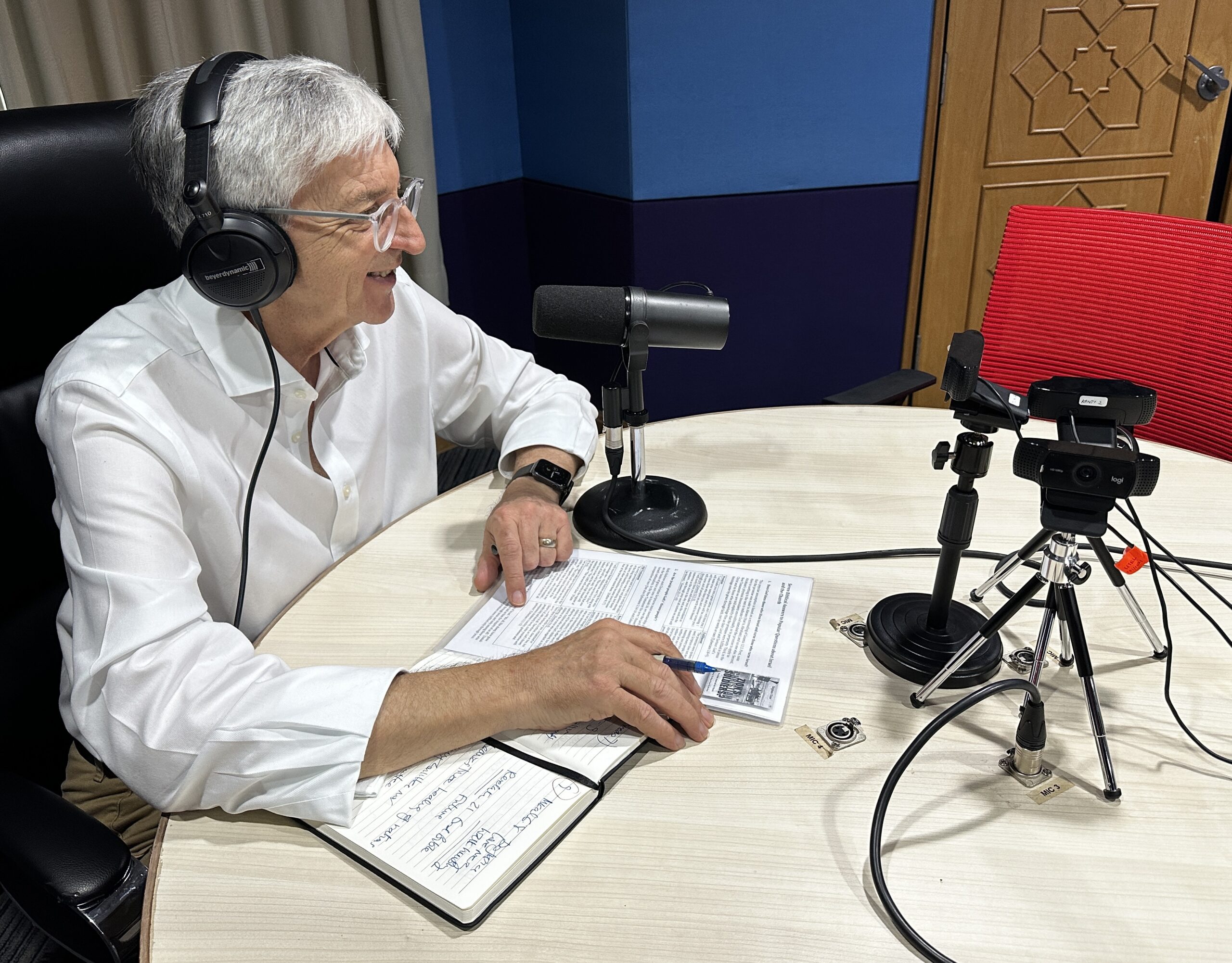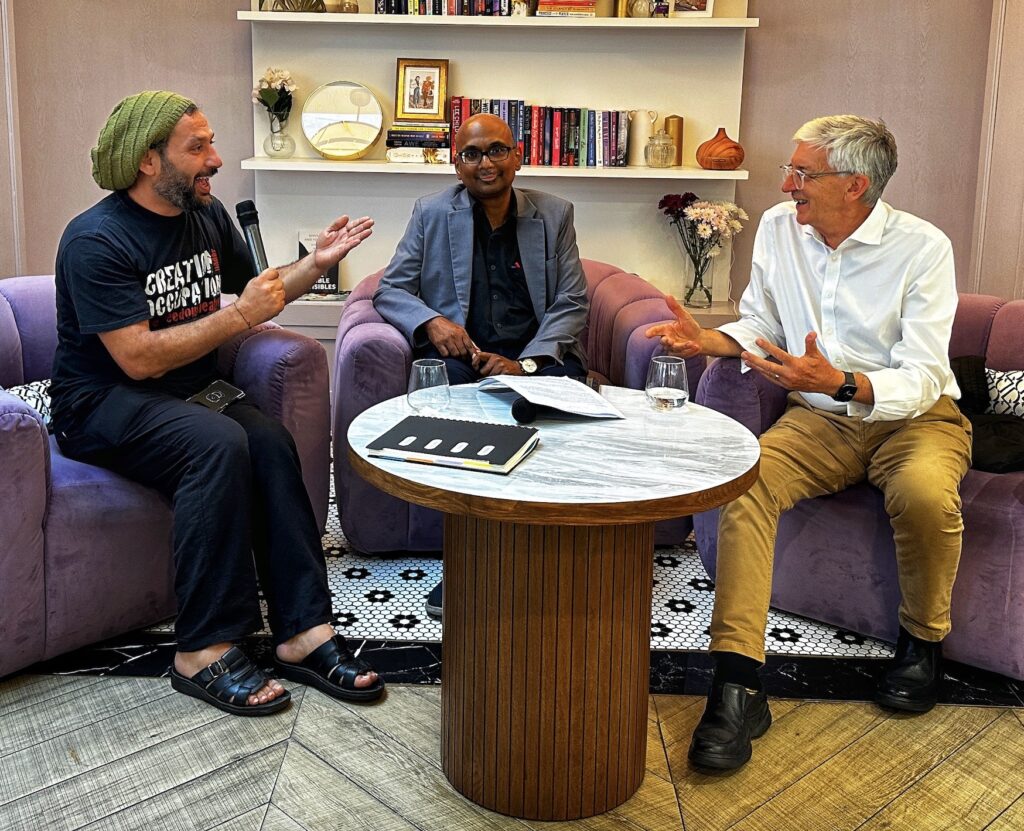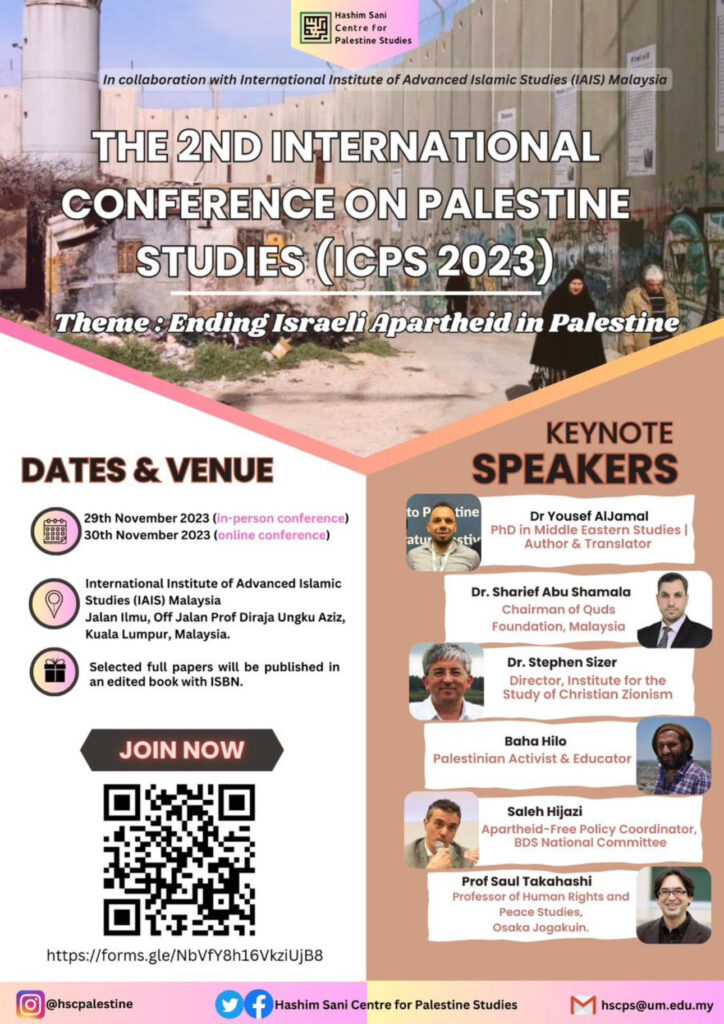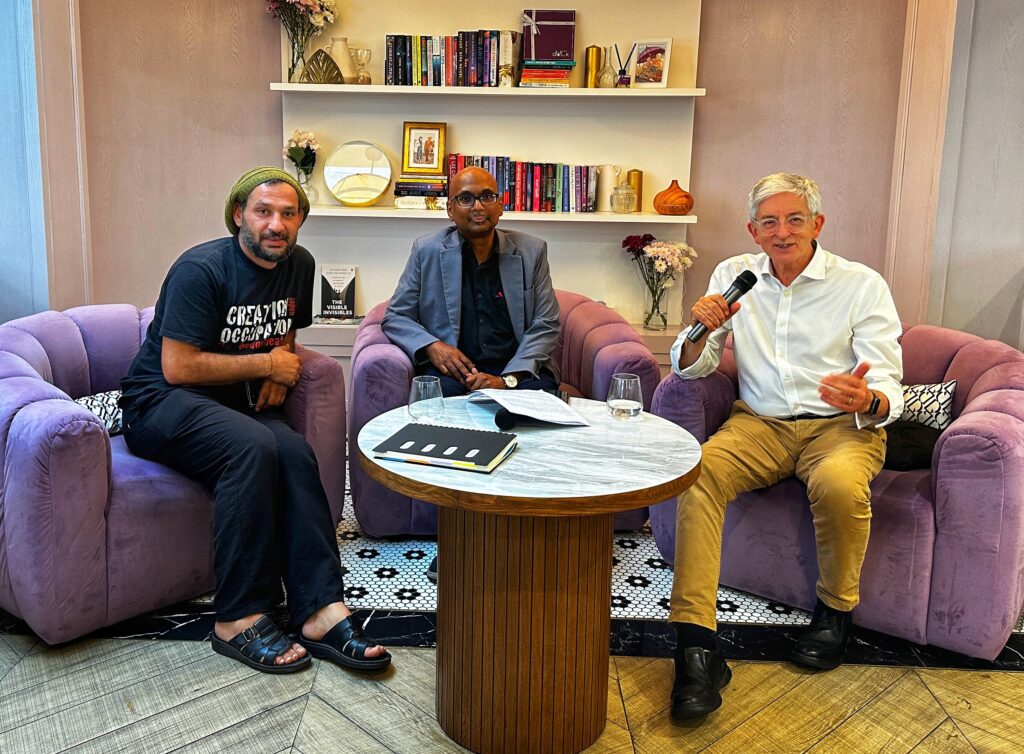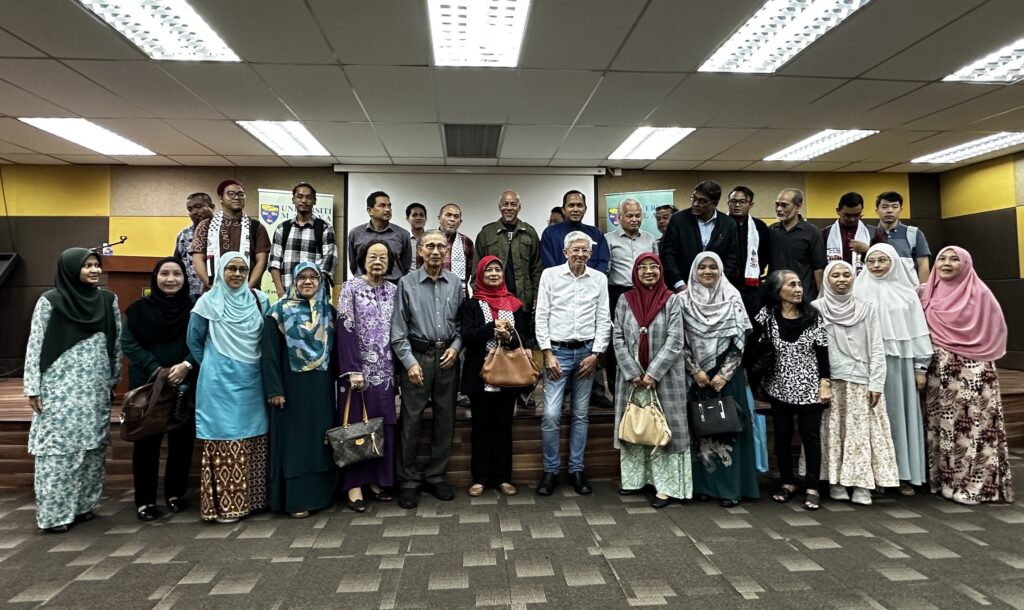
Conference Purpose Statement:
After ignoring 75 years of Israeli settler-colonial violence, since the 7th of October last year, the world has been shocked into taking notice of the genocide occurring against Palestinians in Gaza. With the aim of speaking into these tragedies, the 2024 Sabeel International Conference will challenge apartheid and religious extremism through a liberationist approach to theology by ecumenical and interfaith collaboration. Thought leaders representing the Abrahamic faiths will guide participants in reflecting on the current situation and exploring ecumenical, interfaith, non-violent avenues for fostering peace and justice in Palestine and Israel.
Webinars: Sabeel has organized five webinars, each at 8pm Jerusalem time, from January to May. These webinars, facilitated by distinguished academics and activists, serve as a prelude to the conference by introducing themes and topics that will be explored in depth in November.
Register for the webinars here
Wednesday 31st January: An Introduction to Religious Extremism
This webinar will introduce religious extremism and outline the November conference.
Wednesday 28th February: Zionism and Antisemitism
How the term antisemitism has been weaponised and an examination of the relationship between Zionism, apartheid, and religious extremism in Judaism.
Wednesday 27th March: Islam and Islamophobia
Define Islamophobia, challenge stereotypes and prejudice toward Muslims, and examine how Islamophobia has been exploited to silence criticism of Israel.
Wednesday 24th April: Christophobia and the Persecution of Christians
A discussion on the persecution of Christians and how Christian Zionism exacerbates tensions for Palestinian Christians.
Wednesday 29th May: A Summary on Religious Extremism
A summary of the series and information about the November conference including the schedule and how to maximize your participation.
Principles: The principles guiding this conference include facilitating constructive interfaith dialogue, promoting human rights and justice in Palestine and Israel, challenging misinterpretations of religious texts contributing to extremism, empowering grassroots activism and advocacy, and strengthening collaborative networks. The Sabeel conference aims to create a platform for dialogue across faiths to address the root causes of extremism and advance human rights in Palestine.
Register for the webinars here







